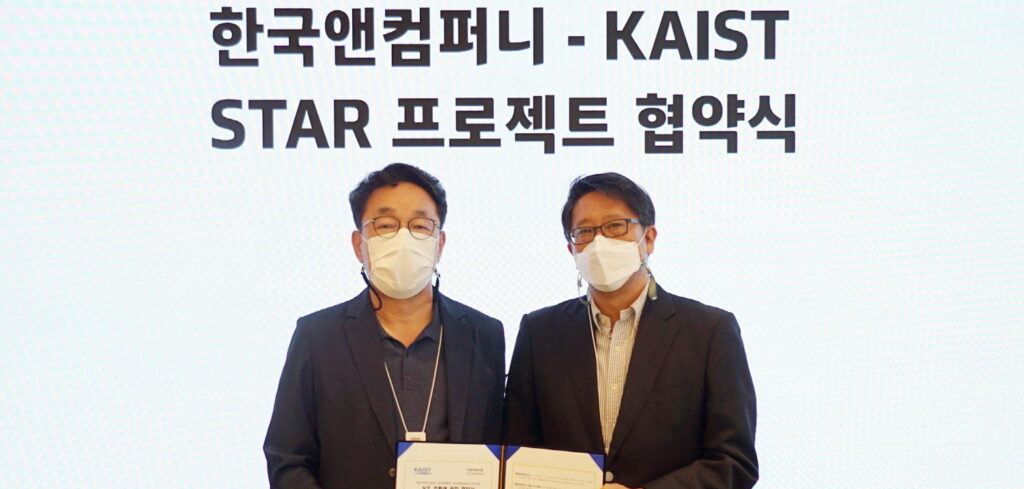Hankook and Company has entered an agreement with the Korean KAIST College of Engineering, in order to study the Symbiotic Transformation for AI-infused Reality (STAR). Via the partnership, the company hopes to build a data infrastructure platform and strengthen collaboration in research for what it terms the post-AI era.
The Korea Advanced Institute of Science and Technology (KAIST) is the leading university for science and technology in South Korea. The STAR project was launched with the aim of creating an innovative open data platform, in order to complement the shift to a data-centric society. Under the partnership, Hankook will support KAIST in preparing a virtual and a real-virtual symbiosis test environment, as well as in building a convergent data cloud sharing platform that will accelerate research activities at the college.
Hankook hopes to conduct pilot programs to promote smart industry and transportation solutions using the data-sharing platform once the project is completed. These will include real-time analysis of road traffic data in the environmental field and the use of real driving records and road accident data collected in tire research and development.
“By continuously demonstrating best practices for mutually beneficial collaboration between academia and industry, Hankook & Company and KAIST represent an exemplary win-win model,” said Seyeol Ryu, executive director of Hankook’s digital strategy team. “We will continue to do our utmost to strengthen research capabilities in digital future technologies.”
“If we can build an experimental testing platform within the Metaverse (convergence of virtual world and reality) through data sharing that accelerates industry-academia collaboration in developing new technologies, this will in turn enable us to provide on-site industrial training programs to nurture talent for the post-AI era,” said Dongman Lee, dean of the KAIST College of Engineering. ” This is an excellent opportunity for the university researchers and companies involved to reach the next level and further develop their skills.”



